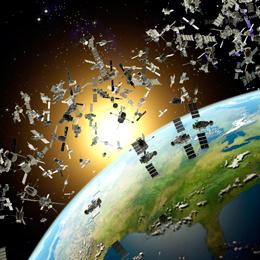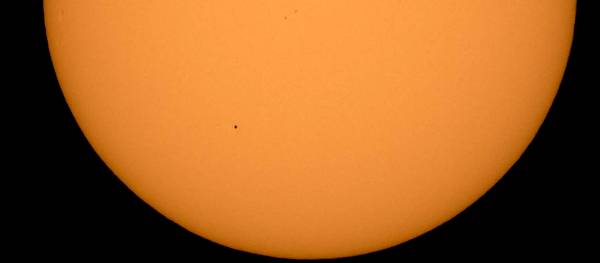
NEW DELHI (BNS): Airbus Defence and Space, the world's second largest space company, will lead the project TeSeR (Technology for Self-Removal of Spacecraft) team to develop technology to reduce the risk of spacecraft colliding with debris in space.
Together with its ten European partners, the company will develop a prototype for a cost-efficient and highly reliable module to ensure that future spacecraft don't present a collision risk once they reach the end of their nominal operational lifetimes or suffer an in-service failure.
The module will also function as a removal back-up in the case of a loss of control over a spacecraft.
Airbus Defence and Space will act as the coordinator of the consortium and will be responsible for project management, technical coordination and the development of innovative attitude control systems.
Under Grant Agreement No 687295, part of the European Union's Horizon 2020 research and innovation programme, the TeSeR study programme will receive EU funding of more than euro 2.8 million and will run through 2018.
Orbital space is becoming increasingly congested. Space debris threatens space-based infrastructures which are vital for life on Earth. Disused spacecraft are a potentially dangerous source of space debris, a Company statement said.
The TeSeR project develops technologies that will ensure a sustainable space environment for future generations.
 Previous Article
Previous Article Next Article
Next Article









The Indian Air Force, in its flight trials evaluation report submitted before the Defence Ministry l..
view articleAn insight into the Medium Multi-Role Combat Aircraft competition...
view articleSky enthusiasts can now spot the International Space Station (ISS) commanded by Indian-American astr..
view article